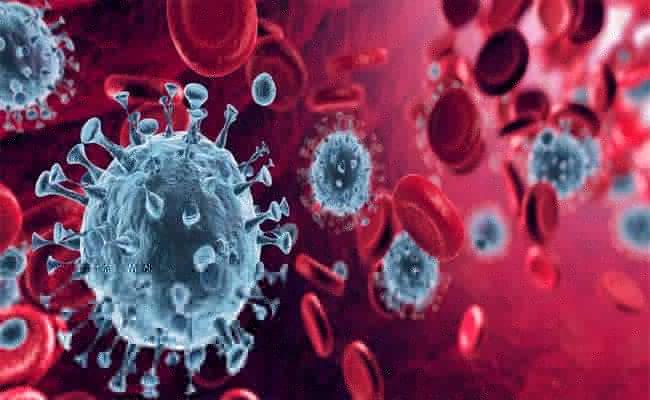
Covid-19 damages the cells lining the smallest blood vessels, choking off blood flow, leading to organ damage, according to a study.
The results, published in the journal Nature Communications, could pave the way for new treatments to save lives at a time when hundreds of people are still dying from Covid-19 each day.
Even after three years since the emergence of Covid, much remains unknown about how it causes severe disease, including the widespread organ damage beyond just the lungs.
To understand, a multidisciplinary team from the University of Emory in the US, studied multiple datasets to examine the biochemistry of blood from Covid patients and compared it to non-Covid patients.
"One unique pathway that stood out was related to vessel health and blood flow," said Cheryl Maier, Assistant Professor in the Department of Pathology and Laboratory Medicine, at Emory's School of Medicine.
Further, the team created cutting-edge models of the smallest blood vessels, expected to be the most sensitive to altered blood flow. The models allowed them to visualise how blood from Covid-19 patients versus other patients might be flowing in the human body.
They found that Covid-19 patients had severely high levels of a blood protein called fibrinogen. It causes red blood cells (RBC) to clump together, altering blood flow and directly damaging the endothelial glycocalyx -- a gelatinous protective layer lining the microvessels.
When the researchers combined plasma from Covid patients with RBC in lab-made blood vessels, they could visualise the cellular aggregation and quantify the destruction of the endothelial cell glycocalyx.
Taken together, these data suggest that the fibrinogen-induced red blood cell aggregation and resulting microvascular damage could be the major pathway by which Covid causes organ damage and even death.
There's presently no medications targeting high fibrinogen in the blood.
However the team has done exploratory research using therapeutic plasma exchange: removing plasma with high fibrinogen from Covid-19 patients and replacing it with donor plasma that has normal fibrinogen levels.
According to Maier, the discovery is critical because it provides a target that might help save lives.













